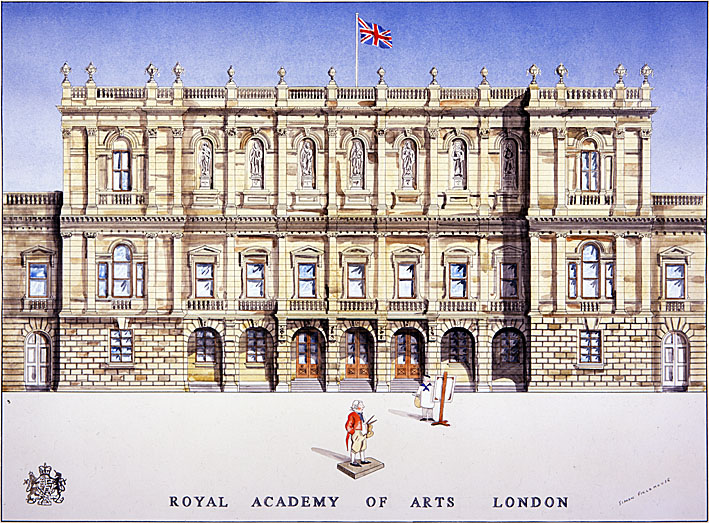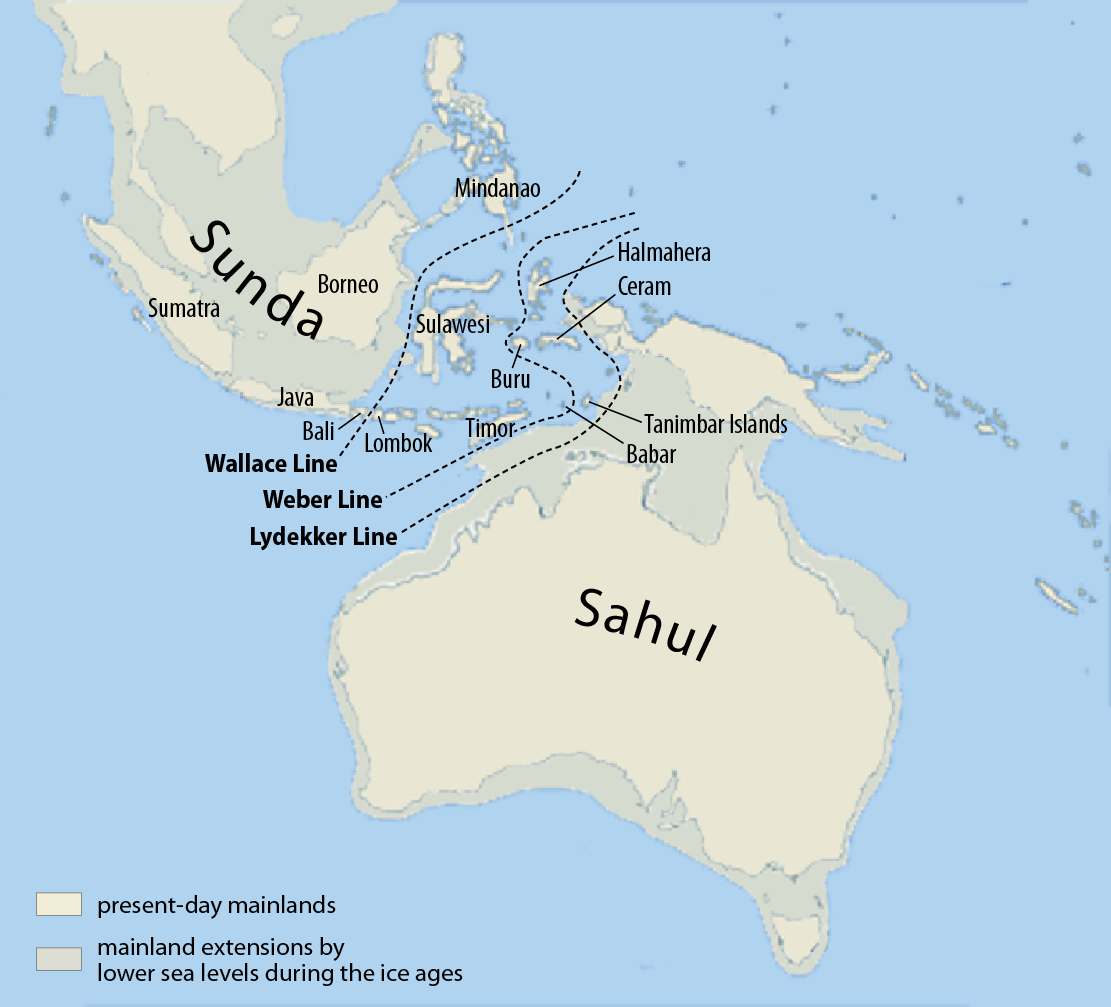|
Guy Dollman
Captain John Guy Dollman BA, Linnean Society of London, FLS (4 September 1886 – 21 March 1942), known as Guy Dollman, was a British zoologist and Linnaean taxonomy, taxonomist. Dollman's tree mouse and Dollman's vlei rat are named after him. Life and work Elder son of the artist John Charles Dollman, Guy Dollman was born on 4 September 1886 and attended St Paul's School (London), St Paul's School, winning a scholarship to study at St John's College, Cambridge. In February 1907, while still a student, he was employed by the Department of Zoology at the British Museum (Natural History), where he spent most of his working life as Assistant Keeper of Mammals. In 1912, on an expedition to Vietnam, he discovered and named the Tonkin snub-nosed langur. He joined the British Army in 1915, and obtained a commission in the 19th London Regiment. He did not see active service abroad during World War I as he was injured in a bomb accident. He returned to the museum in 1919. He was a member ... [...More Info...] [...Related Items...] OR: [Wikipedia] [Google] [Baidu] |
Linnean Society Of London
The Linnean Society of London is a learned society dedicated to the study and dissemination of information concerning natural history, evolution, and taxonomy. It possesses several important biological specimen, manuscript and literature collections, and publishes academic journals and books on plant and animal biology. The society also awards a number of prestigious medals and prizes. A product of the 18th-century enlightenment, the Society is the oldest extant biological society in the world and is historically important as the venue for the first public presentation of the theory of evolution by natural selection on 1 July 1858. The patron of the society was Queen Elizabeth II. Honorary members include: King Charles III of Great Britain, Emeritus Emperor Akihito of Japan, King Carl XVI Gustaf of Sweden (both of latter have active interests in natural history), and the eminent naturalist and broadcaster Sir David Attenborough. History Founding The Linnean Society ... [...More Info...] [...Related Items...] OR: [Wikipedia] [Google] [Baidu] |
Royal Academy
The Royal Academy of Arts (RA) is an art institution based in Burlington House on Piccadilly in London. Founded in 1768, it has a unique position as an independent, privately funded institution led by eminent artists and architects. Its purpose is to promote the creation, enjoyment and appreciation of the visual arts through exhibitions, education and debate. History The origin of the Royal Academy of Arts lies in an attempt in 1755 by members of the Society for the Encouragement of Arts, Manufactures and Commerce, principally the sculptor Henry Cheere, to found an autonomous academy of arts. Prior to this a number of artists were members of the Society for the Encouragement of Arts, Manufactures and Commerce, including Cheere and William Hogarth, or were involved in small-scale private art academies, such as the St Martin's Lane Academy. Although Cheere's attempt failed, the eventual charter, called an 'Instrument', used to establish the Royal Academy of Arts over a decad ... [...More Info...] [...Related Items...] OR: [Wikipedia] [Google] [Baidu] |
Alumni Of St John's College, Cambridge
Alumni (singular: alumnus (masculine) or alumna (feminine)) are former students of a school, college, or university who have either attended or graduated in some fashion from the institution. The feminine plural alumnae is sometimes used for groups of women. The word is Latin and means "one who is being (or has been) nourished". The term is not synonymous with "graduate"; one can be an alumnus without graduating ( Burt Reynolds, alumnus but not graduate of Florida State, is an example). The term is sometimes used to refer to a former employee or member of an organization, contributor, or inmate. Etymology The Latin noun ''alumnus'' means "foster son" or "pupil". It is derived from PIE ''*h₂el-'' (grow, nourish), and it is a variant of the Latin verb ''alere'' "to nourish".Merriam-Webster: alumnus .. Separate, but from the ... [...More Info...] [...Related Items...] OR: [Wikipedia] [Google] [Baidu] |
Fellows Of The Linnean Society Of London
{{disambiguation ...
Fellows may refer to Fellow, in plural form. Fellows or Fellowes may also refer to: Places *Fellows, California, USA *Fellows, Wisconsin, ghost town, USA Other uses *Fellows Auctioneers, established in 1876. *Fellowes, Inc., manufacturer of workspace products *Fellows, a partner in the firm of English canal carriers, Fellows Morton & Clayton *Fellows (surname) See also *North Fellows Historic District, listed on the National Register of Historic Places in Wapello County, Iowa *Justice Fellows (other) Justice Fellows may refer to: * Grant Fellows (1865–1929), associate justice of the Michigan Supreme Court * Raymond Fellows (1885–1957), associate justice of the Maine Supreme Judicial Court {{disambiguation, tndis ... [...More Info...] [...Related Items...] OR: [Wikipedia] [Google] [Baidu] |
Employees Of The Natural History Museum, London
Employment is a relationship between two parties regulating the provision of paid labour services. Usually based on a contract, one party, the employer, which might be a corporation, a not-for-profit organization, a co-operative, or any other entity, pays the other, the employee, in return for carrying out assigned work. Employees work in return for wages, which can be paid on the basis of an hourly rate, by piecework or an annual salary, depending on the type of work an employee does, the prevailing conditions of the sector and the bargaining power between the parties. Employees in some sectors may receive gratuities, bonus payments or stock options. In some types of employment, employees may receive benefits in addition to payment. Benefits may include health insurance, housing, disability insurance. Employment is typically governed by employment laws, organisation or legal contracts. Employees and employers An employee contributes labour and expertise to an endeavor ... [...More Info...] [...Related Items...] OR: [Wikipedia] [Google] [Baidu] |
Journal Of The Royal African Society
''African Affairs'' is a peer-reviewed academic journal published quarterly by Oxford University Press on behalf of the London-based Royal African Society. The journal covers any Africa-related topic: political, social, economic, environmental and historical. Each issue also includes a section of book reviews. It is the No 1. ranked journal in African Studies and the No 1. ranked journal in Area Studies. The journal is also ranked within political science. It was established as the ''Journal of the African Society'' in 1901, and was published as the ''Journal of the Royal African Society'' from 1936 until it obtained its current name in 1944. History The journal was established in 1901 as the ''Journal of the African Society'' and was published as the ''Journal of the Royal African Society'' () from 1936 to 1944. In 1944, the journal obtained its current name. The journal offers an African Author prize, which is awarded for the best article published in the journal by an author ... [...More Info...] [...Related Items...] OR: [Wikipedia] [Google] [Baidu] |
Rowland Ward
James Rowland Ward (1848–1912) was a British taxidermist and founder of the firm Rowland Ward Limited of Piccadilly, London. The company specialised in and was renowned for its taxidermy work on birds and big-game trophies, but it did other types of work as well. In creating many practical items from antlers, feathers, feet, skins, and tusks, the Rowland Ward company made fashionable items (sometimes known as Wardian furniture) from animal parts, such as zebra-hoof inkwells, antler furniture, and elephant-feet umbrella stands. Rowland Ward was also a well-known publisher of natural history books and big-game hunting narratives. The most famous and enduring Rowland Ward Ltd. product is the Records of Big Game series of books, which started in 1892 and is now in its thirtieth edition (2020). These books contain measurements of game animals from all over the world and is the oldest such series of books in existence. History of Rowland Ward Limited Even before Rowland's time, ... [...More Info...] [...Related Items...] OR: [Wikipedia] [Google] [Baidu] |
Richard Lydekker
Richard Lydekker (; 25 July 1849 – 16 April 1915) was an English naturalist, geologist and writer of numerous books on natural history. Biography Richard Lydekker was born at Tavistock Square in London. His father was Gerard Wolfe Lydekker, a barrister-at-law with Dutch ancestry. The family moved to Harpenden Lodge soon after Richard's birth. He was educated at Trinity College, Cambridge, where he took a first-class in the Natural Science tripos (1872). In 1874 he joined the Geological Survey of India and made studies of the vertebrate palaeontology of northern India (especially Kashmir). He remained in this post until the death of his father in 1881. His main work in India was on the Siwalik palaeofauna; it was published in ''Palaeontologia Indica''. He was responsible for the cataloguing of the fossil mammals, reptiles, and birds in the Natural History Museum (10 vols., 1891). He named a variety of taxa including the golden-bellied mangabey; as a taxon authority he is nam ... [...More Info...] [...Related Items...] OR: [Wikipedia] [Google] [Baidu] |
Proceedings Of The Zoological Society Of London
The ''Journal of Zoology'' is a scientific journal concerning zoology, the study of animals. It was founded in 1830 by the Zoological Society of London and is published by Wiley-Blackwell. It carries original research papers, which are targeted towards general readers. Some of the articles are available via open access, depending on the author's wishes. According to the ''Journal Citation Reports'', the journal has a 2020 impact factor of 2.322, ranking it 36th out of 175 journals in the category "Zoology". From around 1833, it was known as the ''Proceedings of the Zoological Society of London'' (). From 1965 to 1984, it was known as the ''Journal of Zoology: Proceedings of the Zoological Society of London'' (). See also * List of zoology journals This is a list of scientific journals which cover the field of zoology. A * '' Acta Entomologica Musei Nationalis Pragae'' * '' Acta Zoologica Academiae Scientiarum Hungaricae'' * '' Acta Zoologica Bulgarica'' * ''Acta Zoologica Me ... [...More Info...] [...Related Items...] OR: [Wikipedia] [Google] [Baidu] |
Annals And Magazine Of Natural History
The ''Journal of Natural History'' is a scientific journal published by Taylor & Francis focusing on entomology and zoology. The journal was established in 1841 under the name ''Annals and Magazine of Natural History'' (''Ann. Mag. Nat. Hist.'') and obtained its current title in 1967. The journal was formed by the merger of the ''Magazine of Natural History'' (1828–1840) and the ''Annals of Natural History'' (1838–1840; previously the ''Magazine of Zoology and Botany'', 1836–1838) and '' Loudon and Charlesworth's Magazine of Natural History''. In September 1855, the ''Annals and Magazine of Natural History'' published "On the Law which has Regulated the Introduction of New Species", a paper which Alfred Russel Wallace had written while working in the state of Sarawak on the island of Borneo in February of that year. [...More Info...] [...Related Items...] OR: [Wikipedia] [Google] [Baidu] |
Edward Adrian Wilson
Edward Adrian Wilson (23 July 1872 – 29 March 1912) was an English polar explorer, ornithologist, natural historian, physician and artist. Early life Born in Cheltenham on 23 July 1872, Wilson was the second son and fifth child of physician Edward Thomas Wilson and his wife, Mary Agnes, née Whishaw. A clever, sensitive, but boisterous boy, he developed a love of the countryside, natural history and drawing from an early age. He was sent as a boarder to a preparatory school in Clifton, Bristol, but after failing to gain a scholarship to public school, he attended Cheltenham College for boys as a day pupil. His mother was a poultry breeder and he spent much of his youth at The Crippetts farm, Leckhampton near Cheltenham. By the age of nine, he had announced to his parents that he was going to become a naturalist. With encouragement and tuition from his father, he started to draw pictures of the wildlife and fauna in the fields around the farm. After passing his exams ... [...More Info...] [...Related Items...] OR: [Wikipedia] [Google] [Baidu] |
.jpg)





